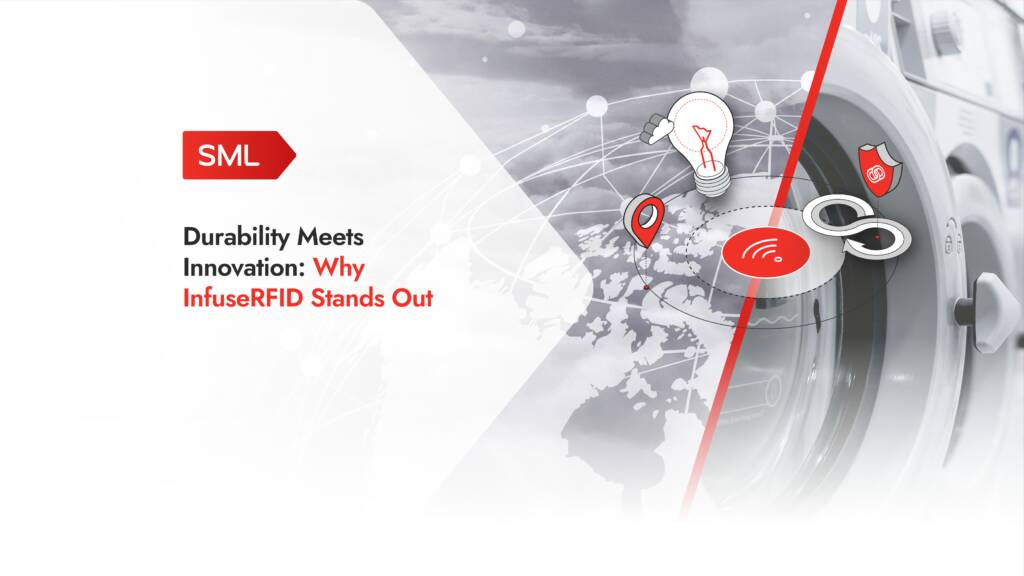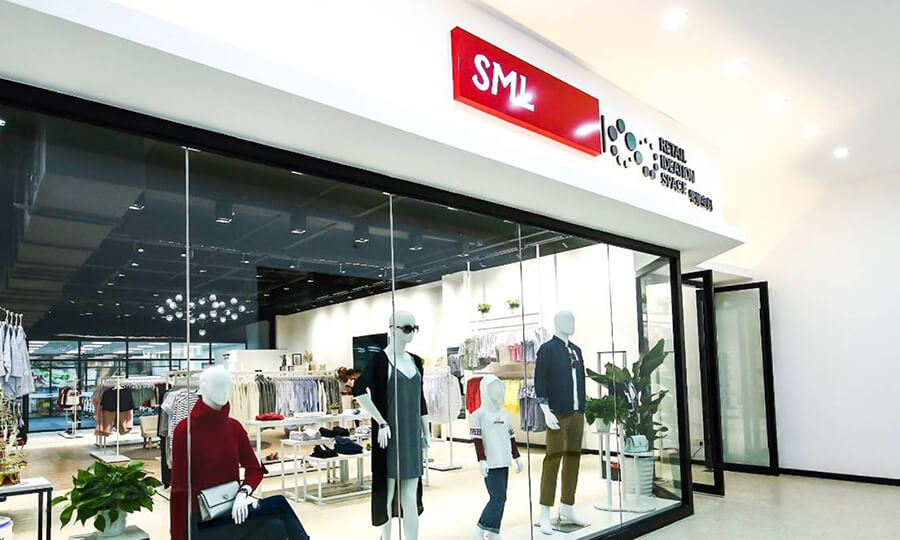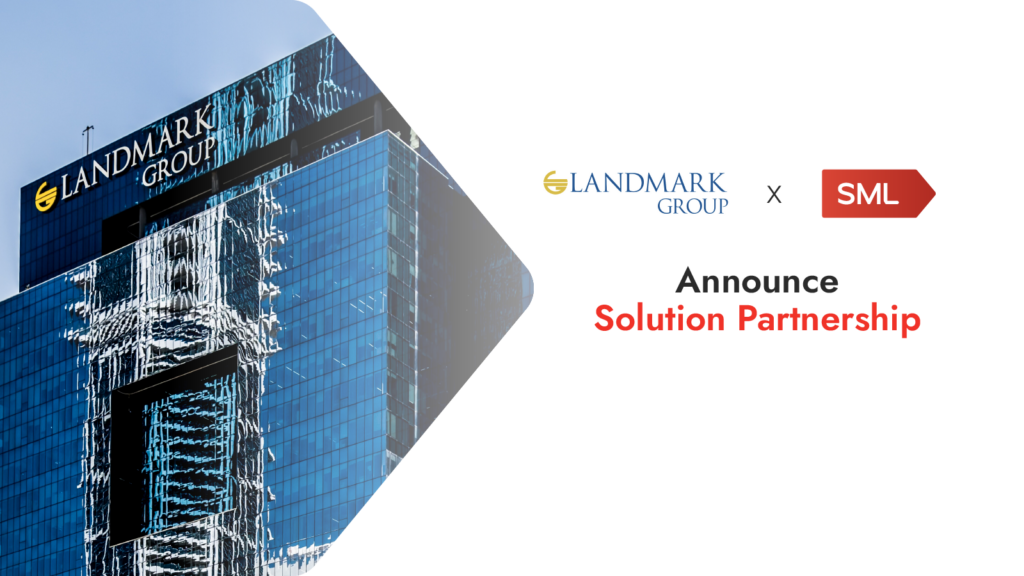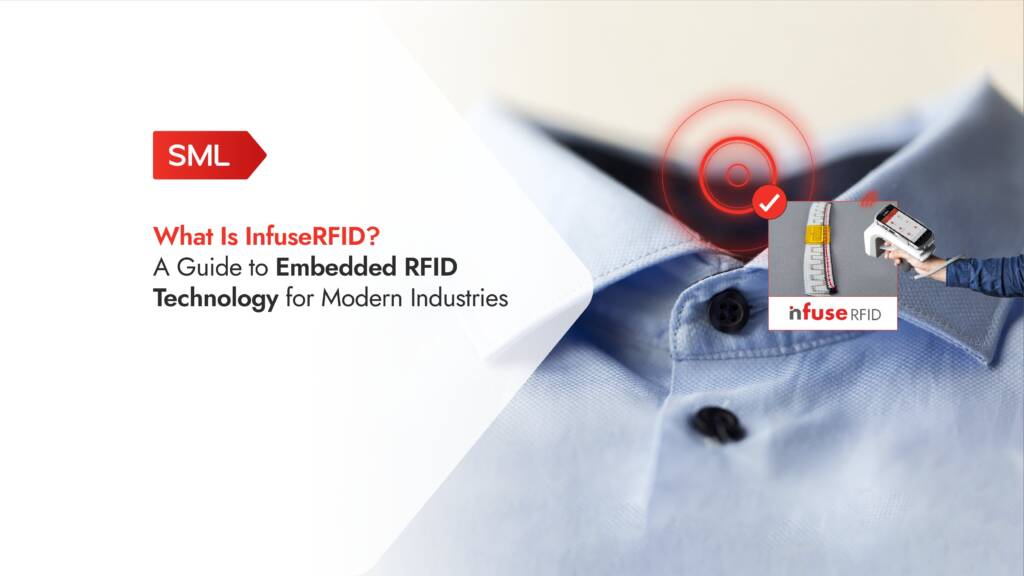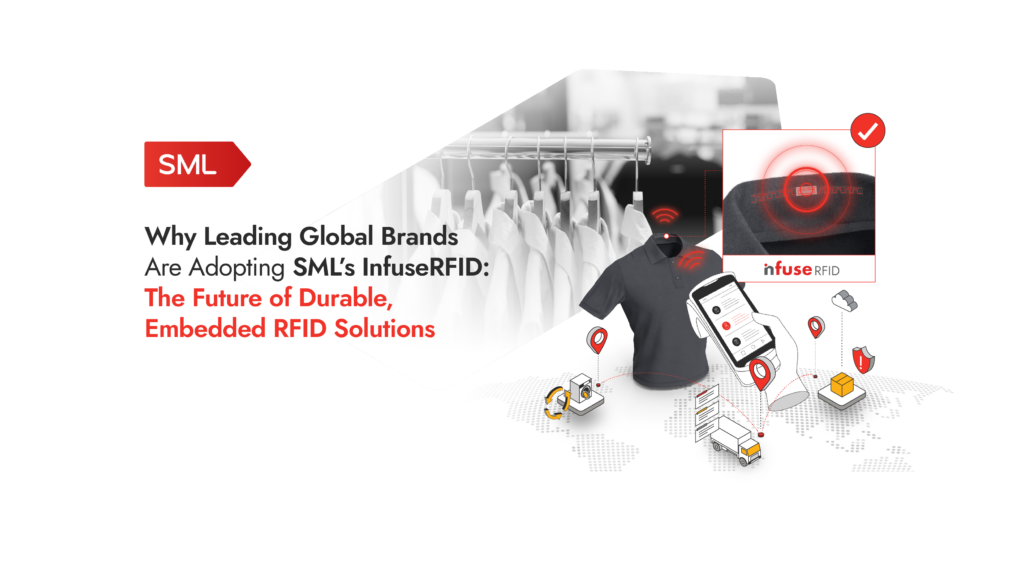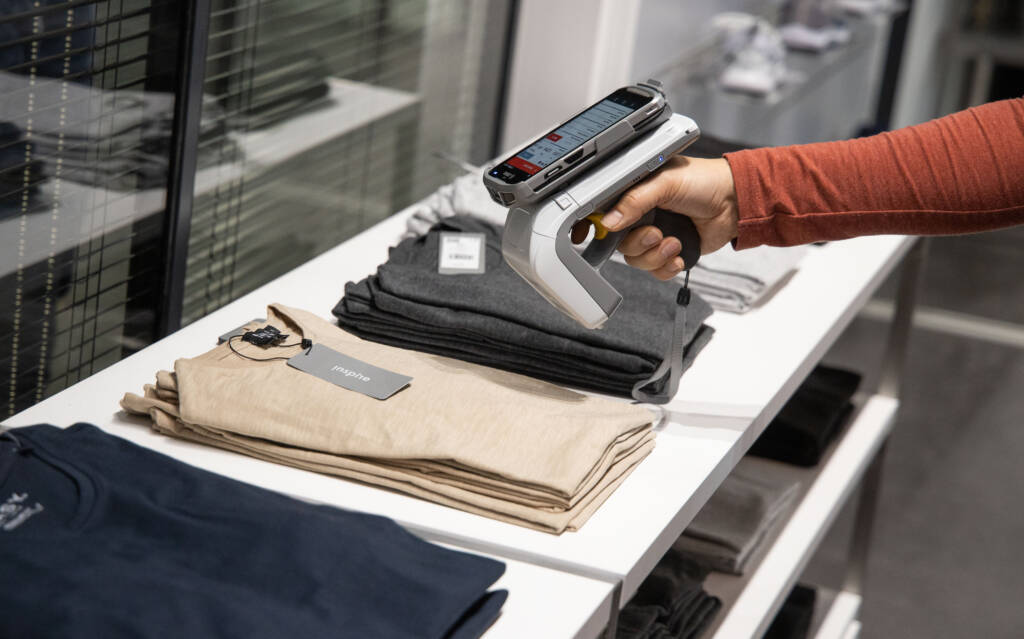Choosing the Right Retail RFID Solutions Provider
Item-level RFID has established itself as a fundamental technology in enabling retailers to understand their available inventory more accurately. The retail sector has experienced unique challenges over the past couple of years, but as the industry looks to move forward and continue down this digital path, item-level RFID will continue to be an important foundational piece of retail digitalization.
Finding What Works For You
The retail sector first implemented item-level RFID nearly two decades ago. The technology has been expanding its footprint steadily, as the link between RFID, improved sales, and profit performance has been proven. Recently, the increase in Omnichannel deployments and operational staffing challenges has caused the fastest adoption rates for RFID yet as it is a foundational technology to successful initiatives in those areas of focus.
Providers offering an all-in-one systemic solution could be the answer to the continuously transforming retail industry and customer demand. A one-stop-shop for retail item-level RFID implementation should include:
- RFID tagging solutions: comprehensive, cost-effective, high-performance RFID tags
- Encoding solutions: a global network of encoding solutions
- ROI analysis: consulting services to aid in maximizing ROI across the product life cycle
- Digital transformation
- Supply chain solutions: inventory tracking and returns process
- In-store solutions: self-checkouts, scan-and-go solutions, hardware, software, professional services, cloud, and support
Dean Frew, Chief Technology Officer and Senior Vice President of RFID Solutions at SML Group, mentions that with new inventory issues arising, having RFID technology will be a huge benefit for retailers. He further adds that the fundamental element for retailers is not artificial intelligence, it is having accurate inventory data in order to make commitments to shoppers to increase customer satisfaction.
Dean continues, “As we are busy going through a digital transformation, the focus for retailers has been around knowing what stock they have and whether it is in the actual store. RFID technology then allows retailers better inventory accuracy and consequently creates an effortless supply chain.”
“As we move through this adjustment, the focus we’ve seen from all of our customers is really around having to know what they have, and they have to be able then to know if the item is in the store. Retailers need to be able to go pick it efficiently and most retailers have not put that in place and those are the things that we’ve seen give us better inventory accuracy and allow us to go pick,” he concludes.
Solutions For Your Unique Challenges
To choose the best solution provider for your needs, you need to identify the unique challenges your brand is facing and identify areas where implementing RFID technology could solve these problems. Identifying bottlenecks, inefficiencies, and areas of opportunity will aid you to appoint the right solution provider to accurately address your organization’s priorities. It is vital to set the parameters of what a successful implementation will look like in quantitative measurement and partner with an experienced RFID provider with a proven record of successful deployments.
An end-to-end solution is invaluable as the provider can guide retailers through each aspect of RFID implementation from tag selection, proof of concept, and a successful organizational rollout. Furthermore, the provider must have the infrastructure in place to support deployments at scale to reduce risks associated with implementation.
Item-level RFID solutions have never been more critical than in today’s retail environment. Lowered costs mean RFID implementation is now more accessible, but retailers must remember that implementation requires commitment and an RFID partner who will educate and collaborate to attain the end goal.
For more information on customized item-level RFID solutions for your business, contact info@sml-rfid.com



